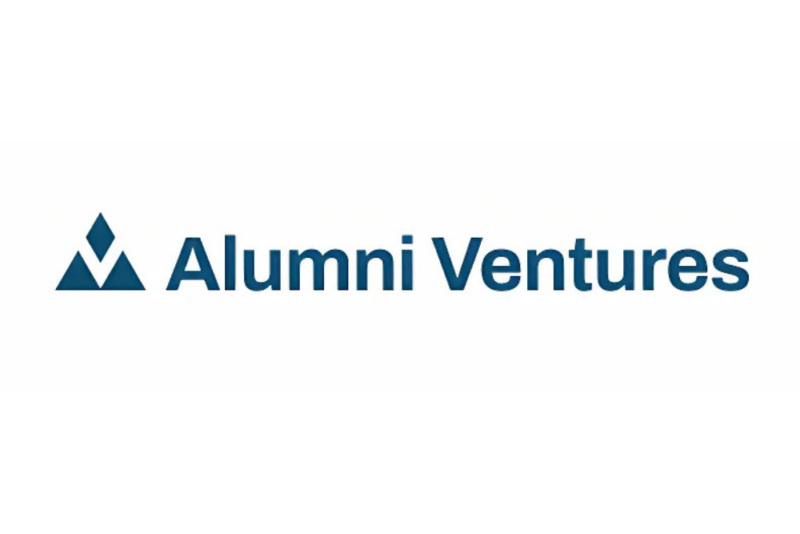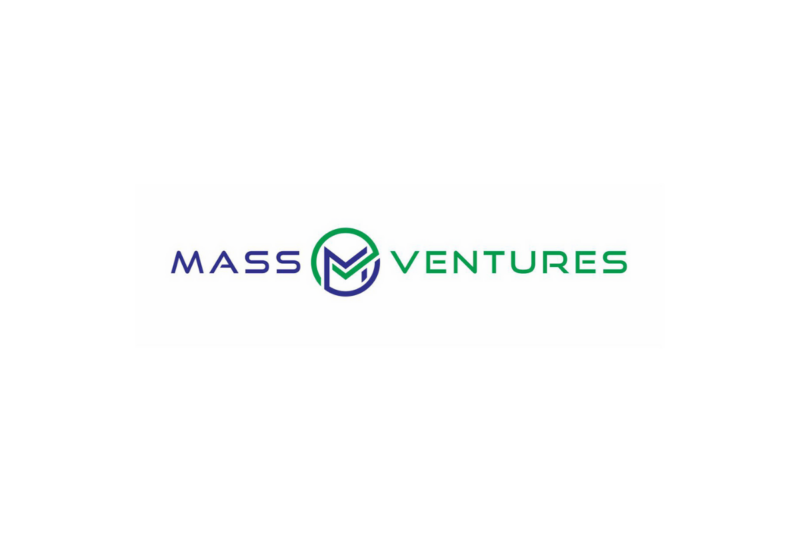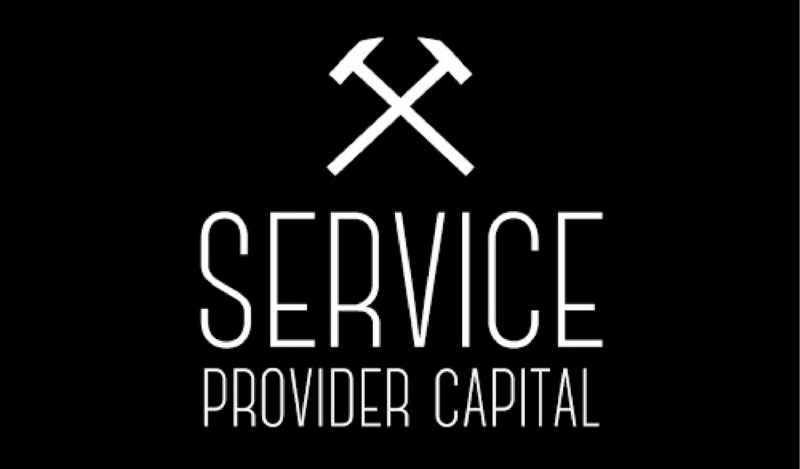Hi, I’m Laura Rippy. I am a Managing Partner at Alumni Ventures. I’m thrilled to be here.
Tell Us About Your Journey
I think of venture capitalists as one of two arcs, either they come in as a financial person who makes their way into investing in early stage companies, or they come in as an operator. That is my arc.
I was a CEO three times, and was at Microsoft, and when I came into venture, it came in because I have a passion around founders and what they’re building. I feel like I can really identify with what they’re creating and the challenges. That’s part of what gets me up every day and excited about being a venture capitalist.
What Is The History of Alumni Ventures?
Alumni Ventures’ founding, Alumni Ventures’ story is completely unique in the venture capital industry. Our source of capital is individual accredited investors. Why? Because our founder wanted to be an investor in venture-backed startups, and as an individual, he knew he couldn’t, so he created an entire company where we source our capital from individual accredited investors, put it together in funds, and deploy it into portfolios of venture backed startups.
We’re very different. We’re quite successful at this point. We’re the most active venture capital firm in the country. We are the third most active globally. We’ve raised $1.5 billion from 10,000 individual investors over our 10-year history.
What Inspires & Motivates You?
What inspires me, what gets me up every day and fired up to be a venture capitalist, is when I get to work with founders that truly want to change the world. They’re working on a problem. They’re building a team. They’re growing their ambitions to truly recalibrate the way that the world works, and they can do that as a founder with our capital.
Want Help Connecting With Alumni Ventures? Fill Out the Form Below:
What Attributes Lead To Success?
For Alumni Ventures, we have a scorecard that we’ve honed over the decade of our existence, and it has four components to the scorecard.
One is the founding team. Really, if you don’t have that fire, that’s not going to make it successful, and we look at the past history of the team.
Second, we look at traction. How is this company growing, and where is it growing vis-à-vis peers of the same stage?
The third piece is the lead investors because we’re exclusively a co-investing firm, so we look at who are those lead investors, and why does it matter?
The last piece is the deal dynamics. As we come into that round, what can we tell about the lead investors leaning in, about the ambitions of this company, how big the round is compared to others, and where the pricing is.
So for us, those stacks of components really tell us whether or not this is a company in which we will invest. Is it a fiery founder with great traction, some moats? Then, are the deal dynamics and the lead investors setting this company up for a wild success.
What Are Your Must-Haves Before You Make An Investment?
For Alumni Ventures to make an investment, I’d say there’s three pillars that we’re leaning on. One is the founding team. How passionate are they? What is their special expertise? What evidence do we have of their prior success?
The second part is around the company and what we can see so far as early proof points of success. Maybe they have a special moat through intellectual property. Maybe they’ve already seen a lot of customer success. Maybe they’ve passed some milestone like FDA approval.
The third piece is knowing that this company is going after the world. They are challenging some kind of status quo. They are really ambitious in terms of what they can build, and that is represented by a large market.
If you have those three pieces, if you have a fiery team, maybe with some moats or early traction, and they’re tackling a huge market, those are some very strong building notes that we look for in terms of success.
What Advice Do You Have For Entrepreneurs?
The advice I would give to entrepreneurs is one that really comes from a heartfelt place as a former founder and as a former CEO. That is to recognize as you embark on building a company that it is more than a full-time job. It is a full family job. It is a full life job, and you really have to know that this is what you want to put your heart and soul into. I think that is a big piece of the equation.
I think the second part is to recognize where you’re going to need some humility, because there’s a lot of times where you are going to get nos, and there’s a lot of times where you’re going to fall flat on your face. Yet you’re the CEO. You need to present in terms of the rest of your team, some kind of strength as you go through those pieces.
Then I think the third piece of advice I would have is specific to the fundraising element. That is when you are choosing your investors to recognize these are choices for a decade, maybe even longer. As you choose your lead investors to recognize that this is someone who is going to be in your life for a long time and to choose those lead investors wisely, and sometimes to prioritize that connection, maybe over a little bit of valuation or a little bit of specific terms, because it is going to be more important that your board and your leadership from the venture capitalist is on your side and is able to give you tough advice, but to help you grow.
Those pieces together, the personal element of the passion, the recognition that you are going to go through some tough bits, and to choose venture capitalists that will have your back, those are the pieces that I think I would give as advice to founders having been a CEO three times.
What Value Has Gesmer Updegrove Provided to Alumni Ventures?
I have an interesting perspective on Gesmer, because I see Gesmer as the connective tissue in the startup ecosystem in Boston. I’ll give you an example. I came to a Gesmer event where I was a speaker, and I met another VC. I met a couple of other founders. I met someone who’s running a podcast, and that connective tissue enabled me to have more visibility into the startup scene, to have a relationship with a VC I would have never met, a founder, visibility into a podcast that I had not known about. That connective tissue of Gesmer bringing in so many players in the startup’s ecosystem into their events is something I’ve really appreciated.
I also happen to know a few of the lawyers, I haven’t had an opportunity to hire them yet, but Sarah (Richmond) and Joe (Laferrera) are two in particular that I know have deep, deep expertise. That’s where I have comfort with what Gesmer offers. That these are experts in their field, specialty in the startup and an early-stage ecosystem, and the ability to provide guidance to the next generation of founders is a critical, critical element of Gesmer’s success.
Why Go With Gesmer?
If I were in the shoes of a founder looking for my partnership with a law firm, and it is indeed a partnership because it’s usually multiple years that you’re looking at, I think I’d start with the core, which is, do you feel connectivity and connection with an individual lawyer? I know a couple of them here, they are very strong, and I can see as a founder how I would feel that strength.
The next layer is you want to understand the firm overall. If there’s a situation that comes up, and you need a referral within the firm, you need something for employment law or litigation, you need to know that the context of the firm is broader than just the lawyer you choose so that the depth and the expertise that you need in each one of those areas is represented. Gesmer obviously checks that box. It’s a very strong and multidisciplinary firm.
The last piece, particularly for founders, to understand where this law firm fits in the overall context of the entrepreneurial ecosystem in Boston in this case. That’s where the events that Gesmer puts on, where the connectivity to VCs and to founders and to podcasters and to press is really helpful because then you understand you’re choosing a law firm that sits in the context of the entrepreneurial ecosystem is helping to broaden the story of your startup and to get more connections for you into the next stage of growth, be it the next stage of venture, the next stage of visibility.
I think in that case, Gesmer really clicks all the boxes. You can have connectivity to an individual lawyer, know that you can be referred into strength in the rest of the firm, and to know that you’ve chosen a firm that is firmly placed within the Boston ecosystem, and that that can really pay for your advantages going forward in choosing Gesmer.






